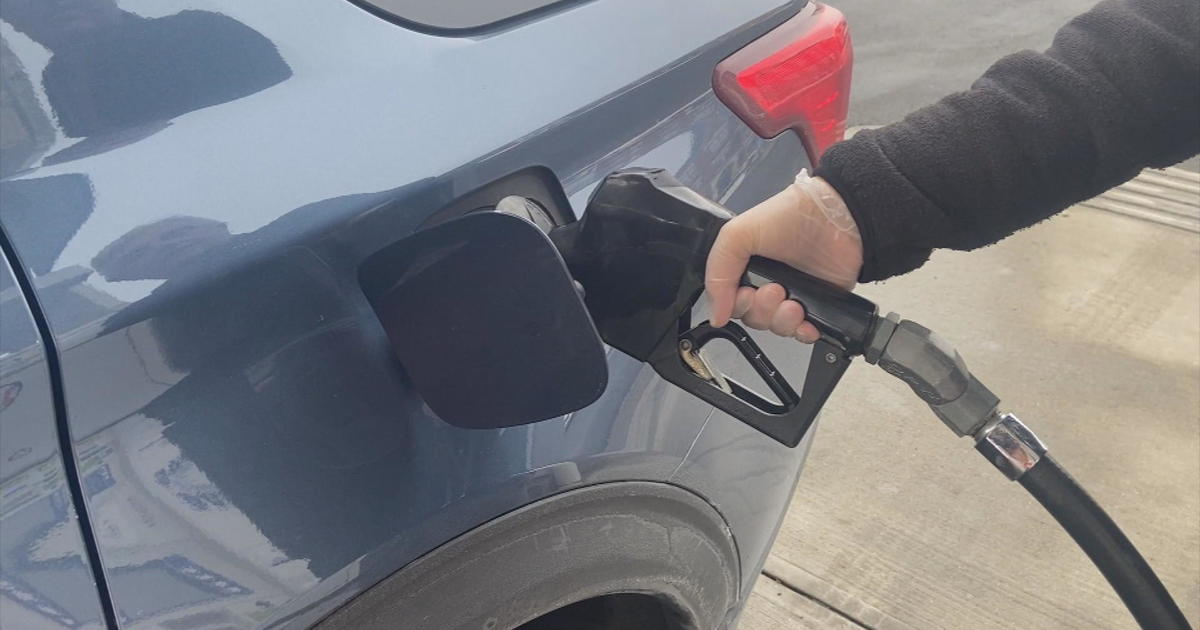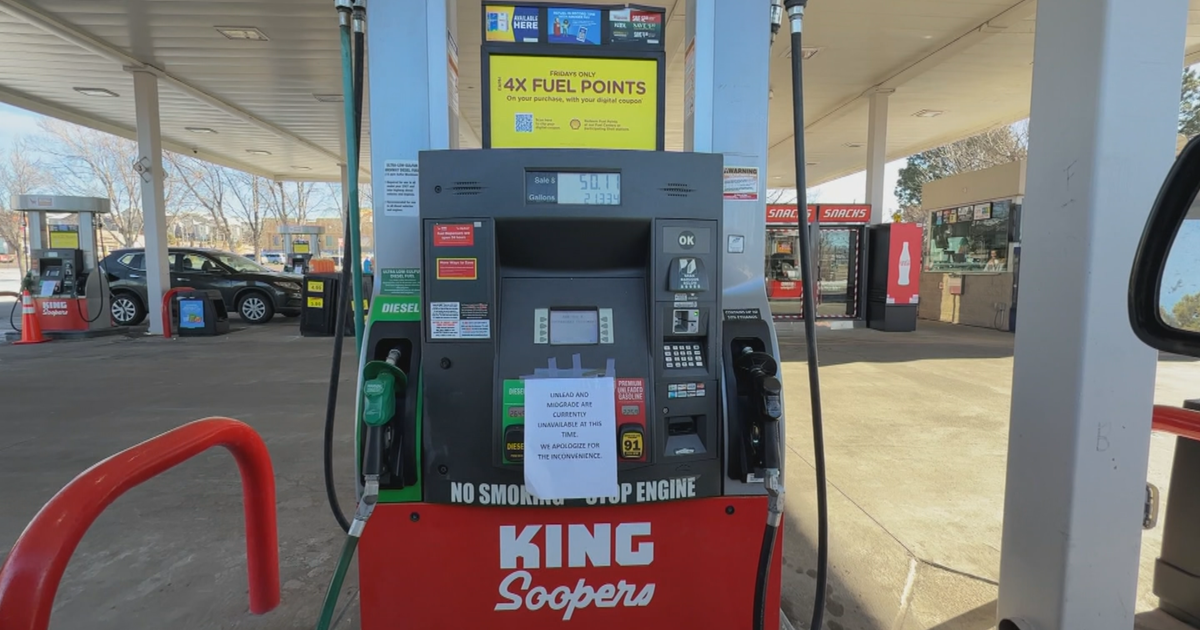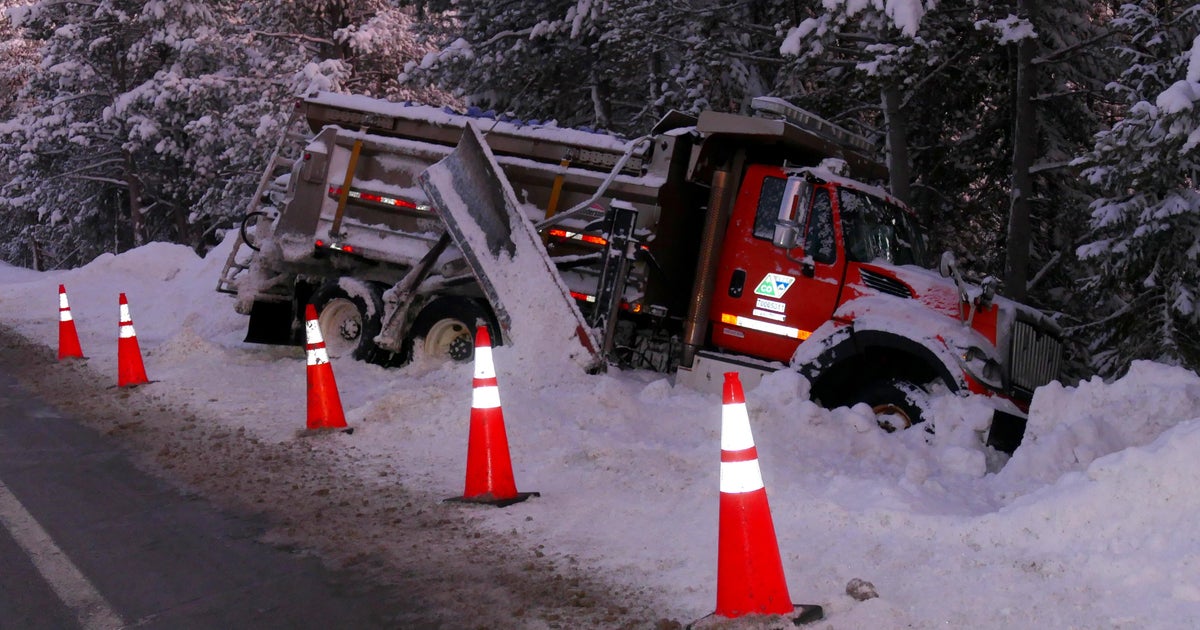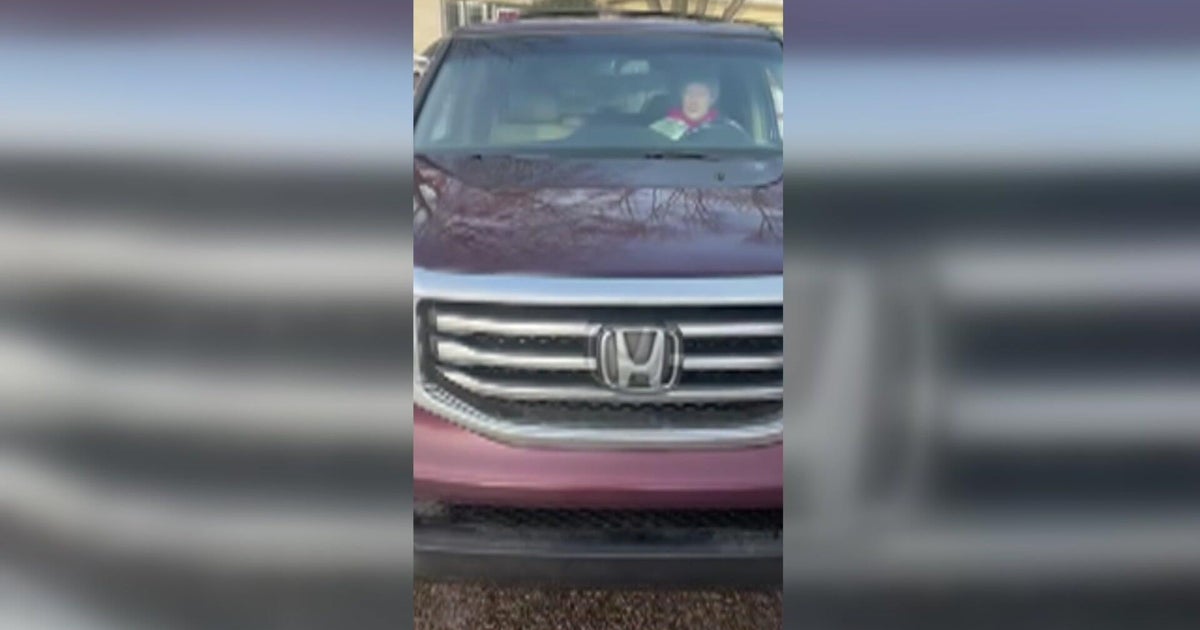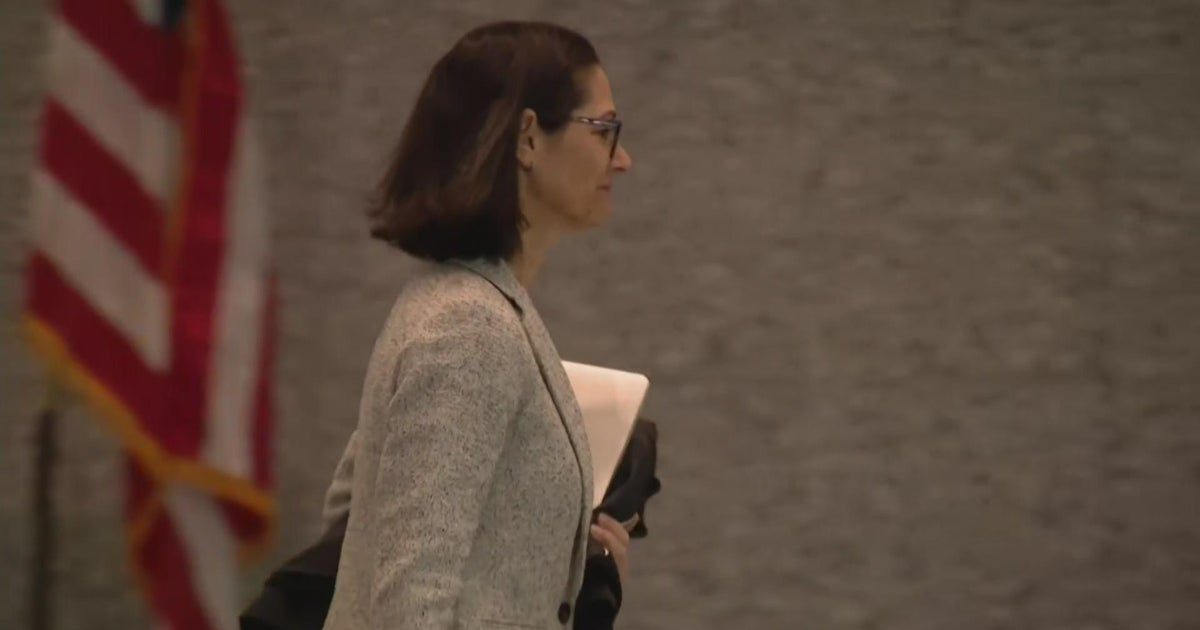Nissan Exec: Quake Recovery Faster Than Expected
TRAVERSE CITY, MI -- (WWJ) A top Japanese auto executive says good preparation and a fast response helped his company rebound faster than expected from last year's earthquake and tsunami.
VIDEO: WWJ AutoBeat Reporter Jeff Gilbert wraps up the first day of the Management Briefing Seminars.
"The lesson we have learned from the earthquake is that predictable risk almost certainly happen eventually," said Nissan manufacturing vice president Hidetoshi Imazu.
Imazu, speaking at the Management Briefing Seminars in Traverse City, said they had just conducted an emergency drill two weeks before the March 11, 2011 disaster. More than 200 auto or supplier plants were damaged in the quake and tsunami.
"As a result the impact on the production was minimized."
In the past year, Japanese carmakers have moved more of their production to the United States. The earthquake was one reason. The changing relationship between the dollar and yen is another.
In a move planned before the earthquake, Nissan is about to begin producing the electric Leaf at its Smyrna, Tennessee plant. Sales of the vehicle have not been up to expectations.
Nissan vice chair Bill Kreuger says building Leaf's in the U.S. will allow Nissan to deal with changes in the market.
"So we have the flexibility between the Altima, the Maxima, the Altima Coupe, down that same line, we'll run the Nissan Leaf. Depending on how demand fluctuates, our supply will be able to be responsive to that."
These comments came during the first day of the four day Management Briefing Seminars. In addition to a focus on manufacturing, that opening day took a look at the idea of connected cars and self-driving cars.
"This is going to happen in our lifetime," says Gary Silberg, who heads the auto team at consultant KPMG. "It's going to have profound implications for our industry."
Silberg's team talked with auto executives, tech executives and those with think tanks, who feel that tech industry efforts like Google's self-driving car are a competitive threat for Detroit's auto industry.
"There is a revolution, and in the Silicon Valley in particular, that have their sights in taking over the automotive industry."
One company that refused to cooperate in their survey, Silberg says, was Apple. Google executives were recently in Detroit trying to sell some of their self driving car technology to auto companies.
Major automakers are working on their own self-driving cars, as well as a number of systems that assist the drivers in certain circumstances.
The government has been very eager to see devices like this implemented as quickly as possible.
"It's a technology push, and it's being driven largely for safety reasons," says Center for Auto Research CEO Jay Baron. "Because, if you can get smart vehicles, these vehicles won't crash."
Connect with Jeff Gilbert
Email: jdgilbert@cbs.com
Facebook: facebook.com/carchronicles
Twitter: @jefferygilbert

